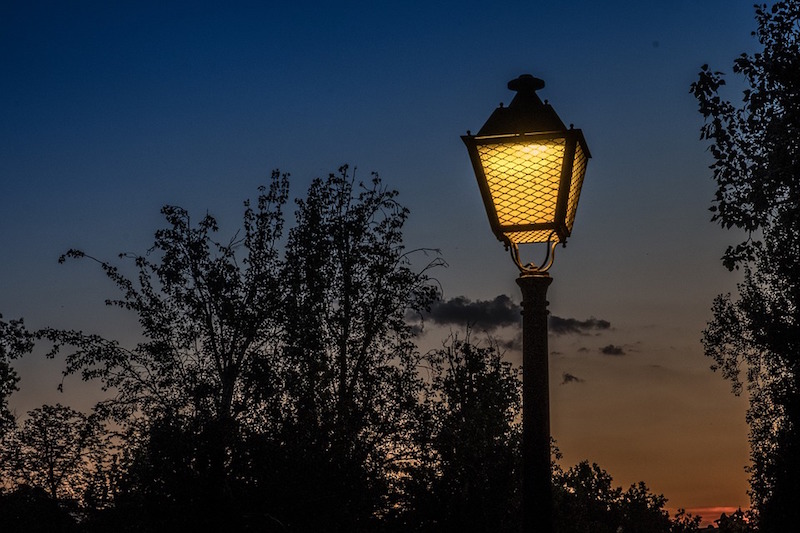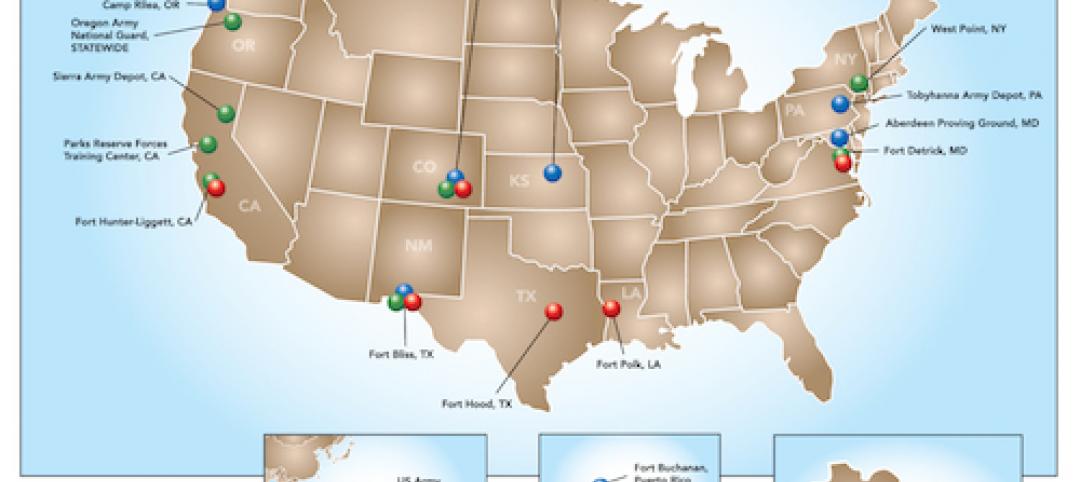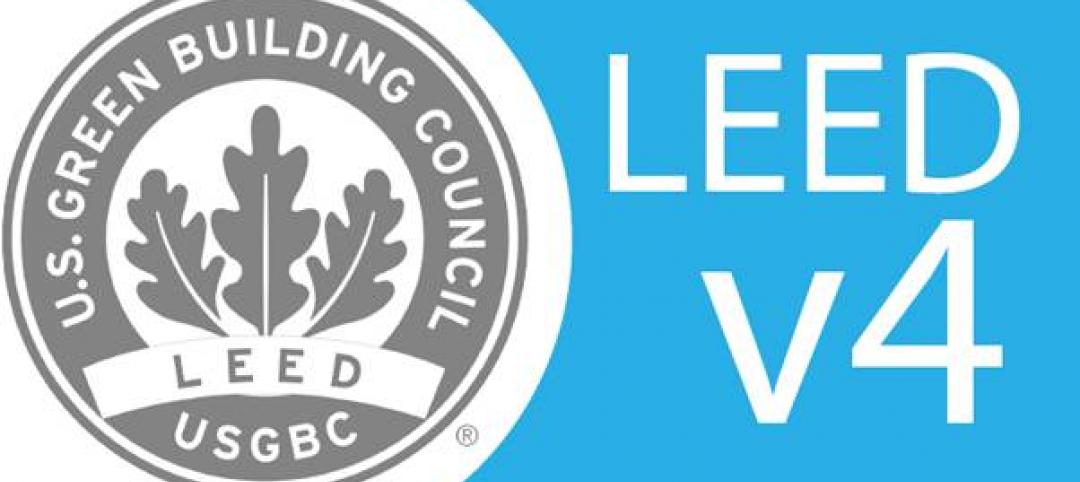The latest lighting technology for parking areas quickly pays for itself and can reap energy savings of up to 70%, according to the U.S. Dept. of Energy.
The Department has promoted its Lighting Energy Efficiency in Parking (LEEP) Campaign to support participants in their efforts to upgrade and install energy-efficiency equipment and lighting controls in over 540 million sf of parking facilities since 2012. That effort has translated into savings of 137 million kWh a year, or $14.79 million in electricity savings.
LED products have made the fastest inroads in outdoor applications, DOE says, with a penetration rate of 32.5% in parking garages and 26.2% in parking lots in 2016. LEEP is a collaboration between the U.S. Green Building Council (USGBC), Building Owners and Managers Association International (BOMA), International Facility Management Association (IFMA), International Parking Institute, and the Better Buildings Alliance, with technical support from the Department of Energy’s Pacific Northwest National Laboratory.
LEEP Campaign resources, including tools, case studies, and guidance materials designed to make it easy for facility owners and managers to adopt high-efficiency lighting and controls systems for parking facilities are available at: http://www.leepcampaign.org/
Related Stories
| Nov 14, 2014
Army net-zero initiative moving past pilot stage
The U.S Army's ambitious net-zero initiative has had several successful pilot trials, and planners are prepared to expand the nine-part demonstration field to scores of other Army facilities.
| Nov 14, 2014
Former U.S. Treasury Secretary Paulson works to upgrade China’s building codes
Former U.S. Treasury Secretary Hank Paulson is today focused on making new construction in China more energy efficient by working with leaders to upgrade building codes.
| Nov 14, 2014
California aims for 20% reduction in water consumption by 2020
California’s comprehensive new water use plan makes conservation a priority, reinforcing a 2009 plan to reduce statewide per capita water consumption by 20% by 2020.
| Nov 6, 2014
Demountable structural steel could up the ante on sustainability
Demountable structural steel assemblies would be a greener way to make use of steel in the construction industry than recycling.
K-12 Schools | Nov 6, 2014
New Sandy Hook school features could influence security standards
The design of the new Sandy Hook Elementary School on the site of the 2012 Newtown, Conn., school shooting features enhanced security measures—some subtle and others more prominent.
| Nov 6, 2014
OSHA seeking input on electrical standards
The Occupational Safety and Health Administration (OSHA) is reviewing electrical standards for the construction industry to make sure proper safeguards are in place as electrical wiring is being installed and maintained.
Smart Buildings | Oct 30, 2014
Energy Department pledges $9 million for energy efficiency improvements on commercial buildings
The U.S. Dept. of Energy will spend $9 million to encourage investments in energy-saving technologies that can be tested and deployed in offices, shops, restaurants, hospitals, hotels and other types of commercial buildings.
| Oct 30, 2014
Steel Framing Industry Association’s certification program aims to ensure connector quality
The Steel Framing Industry Association has launched a certification program to ensure that cold-formed steel connectors meet quality guidelines, building codes, and ASTM standards.
| Oct 30, 2014
American Concrete Institute releases reorganized structural concrete code requirements
The reorganized document is organized from an engineer’s perspective. The requirements flow more intuitively and have fewer cross-references for improved logic and flow of information.
| Oct 30, 2014
USGBC pushes back LEED v4 deadline
Extending the deadline gives LEED users additional time to prepare for LEED v4, the latest version of LEED, which features increased rigor and multiple updates.












